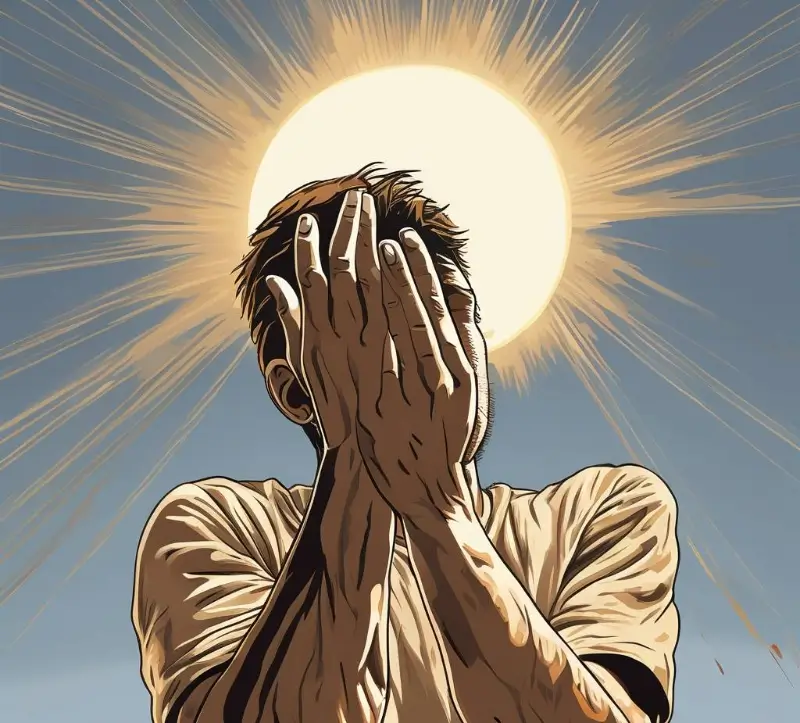why do most humans have 23 pairs of chromosomes?
Humans have 23 pairs of chromosomes because this is the characteristic chromosomal arrangement that has evolved in our species, Homo sapiens. Evolutionarily, the number of chromosomes in an organism is determined by a complex interplay of genetic changes over millions of years. The 23 pairs of chromosomes contain all the genetic information needed for the development, growth, reproduction, and maintenance of our bodies. Each pair consists of one chromosome from the mother and one from the father, with 22 pairs being autosomes (containing genes not related to sex determination) and one pair being sex chromosomes (XX for females and XY for males).
The specific number of chromosomes in an organism reflects the balance between the benefits of having enough genetic material to encode all necessary traits and the challenges of successfully replicating, segregating, and passing on a larger number of chromosomes during cell division.
Chromosomal Abnormalities of Down Syndrome
Down syndrome, also known as trisomy 21, is a genetic disorder caused by a chromosomal abnormality. In normal circumstances, humans have two copies of chromosome 21. However, in individuals with Down syndrome, there is an extra full or partial copy of this chromosome, resulting in three copies instead of the usual two.
The additional genetic material from chromosome 21 disrupts the normal course of development, leading to the characteristic features associated with Down syndrome. These features can include intellectual disability, distinctive facial features, and an increased risk for certain medical conditions such as congenital heart defects, respiratory issues, and gastrointestinal problems.
The most common cause of Down syndrome is nondisjunction, a failure of chromosomes to separate properly during the formation of egg or sperm cells. When an egg or sperm with an extra copy of chromosome 21 combines with a normal gamete during fertilization, the resulting zygote has three copies of chromosome 21, leading to Down syndrome in the offspring.
Understanding chromosomal abnormalities like Down syndrome has contributed to the broader field of genetics and healthcare, leading to better diagnosis, management, and support for individuals affected by these conditions.



